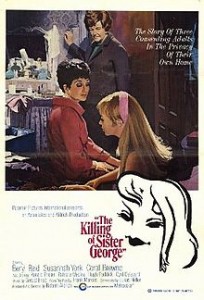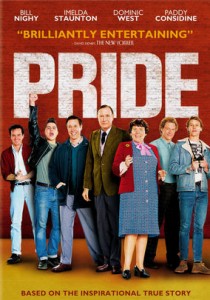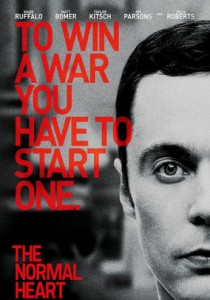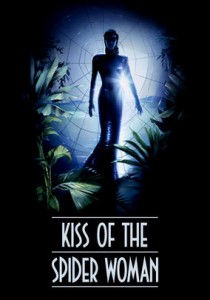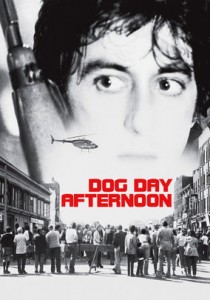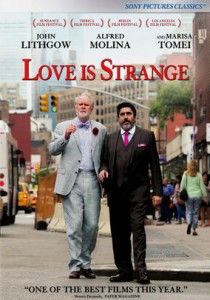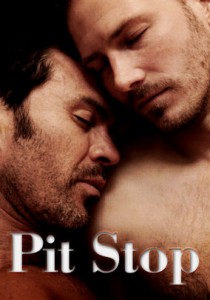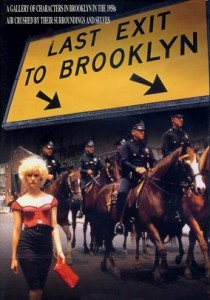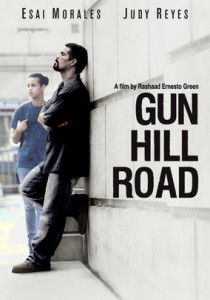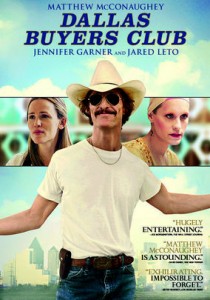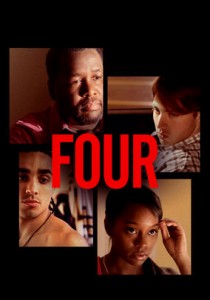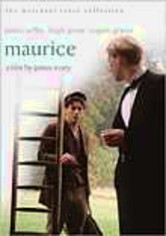The Killing of Sister George-1968
Director Robert Aldrich
Starring Beryl Reid, Susannah York
Scott’s Review #228
Reviewed March 13, 2015
Grade: A-
The Killing of Sister George is a British film drama, adapted from a 1964 stage production that was a risky subject matter to tackle for the times- lesbianism- in the late 1960s.
Directed by Robert Aldrich, well known for directing Whatever Happened to Baby Jane, The Killing of Sister George is a similarly dark tale of loneliness, desperation, and an actress falling from former grace and success to despair, confusion, and anguish.
It also has some witty, crackling, comedic moments to avoid being a true downer.
Sister George is a successful, well-regarded actress on a popular soap opera named Applehurst. Her character is the wholesome presence in a town fraught with manipulation and drama. She is the moral focal point of the show.
In real life, however, George (interestingly called by her character’s name), is troubled.
She is bitter, angry, an alcoholic, and frequently berates and even abuses her partner, Childie, played by Susannah York. A third central character in the film is TV Producer Mercy Croft, who is powerful and confused about her sexuality.
When the soap opera powers-that-be decide to kill off the beloved Sister George, the real George’s life begins to spiral out of control.
As interesting a film as it is and certainly featuring the competent talents of Beryl Reid in the title role, I cannot help but ponder and fantasize how wonderful the casting of Bette Davis- reportedly considered for the role and inexplicably not cast- would have been.
Davis, famous for playing grizzled, mean, unsympathetic characters, would have knocked this role out of the park and, sadly, she did not have the chance.
At its core, the film is a sad character study of one woman’s pain and anguish at being discarded. Presumably unable to be hired anywhere else, her soap opera character is her life.
She loves Childie but is not completely fulfilled by her either, and that relationship is threatened by the vibrant and polished Mercy.
This is an interesting triangle as George does not always treat Childie well, but loves her all the same. Childie is a simple character, childlike, and needs a strong mate to counter-balance the way she is- someone to take care of her.
Without a job or prospects, this would be difficult for George. Does Childie love George or simply want a meal ticket?
The film is understandably rated X for content, presumably for a very explicit sex scene between Mercy and Childie and when a drunken George molests two nuns in the back seat of a London taxi cab.
These scenes are both cutting-edge and admirable in their risk-taking.
The scene set at the real-life London lesbian club (the Gateway Club) and featuring mostly real-life lesbians is great and provides a real-life glimpse into the gay/lesbian world and lifestyle during the period.
A brave, groundbreaking, risk-taking film with and bravura direction from Aldrich, The Killing of Sister George (1968) is a forgotten gem that needs to be rediscovered by film fans everywhere and is an early journey into gay and lesbian cinema.
